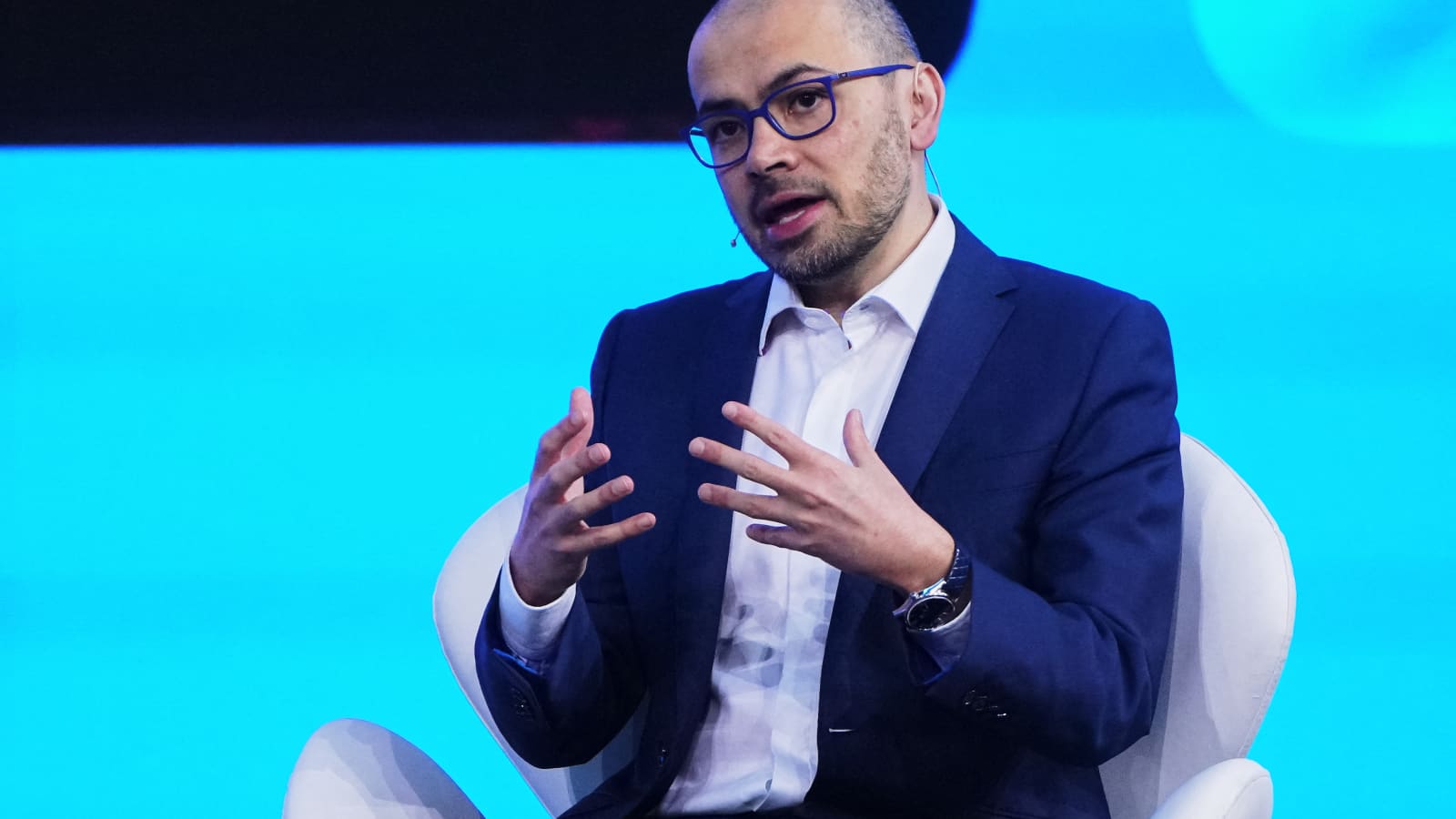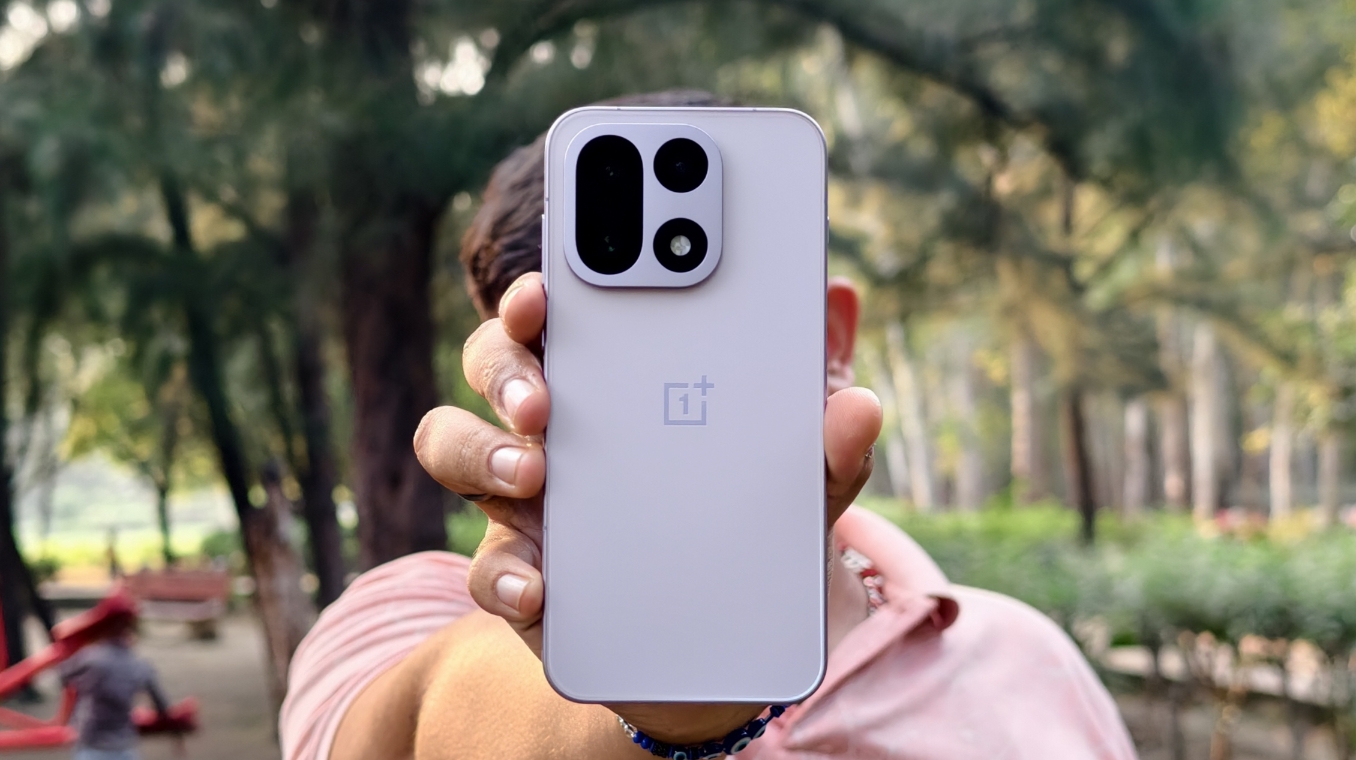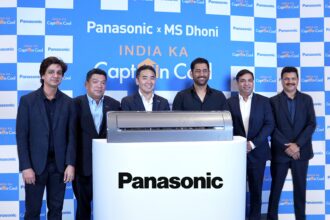The possibility of a world free from the grip of devastating diseases has long felt like a distant dream, confined to the realm of science fiction. But what if that future is closer than we think? According to the head of one of the world’s leading artificial intelligence labs, it could be just a decade away.
Demis Hassabis, CEO of Google DeepMind, recently offered a bold vision: AI models could hold the key to curing all diseases within the next ten years. This striking prediction, made during a segment on CBS’s 60 Minutes, immediately sent ripples through the tech and scientific communities.
Hassabis, a pioneer in the field of AI, grounded his forecast in the incredible speed at which AI is accelerating scientific discovery, particularly in the complex world of biology and medicine. He pointed to the arduous and expensive process of traditional drug discovery, which typically takes around a decade and billions of dollars to bring just one new treatment to market. AI, he believes, can dramatically compress this timeline, potentially shrinking it down to months or even mere weeks.
He drew a parallel to DeepMind’s groundbreaking work with AlphaFold, an AI system that has revolutionized protein structure prediction. For decades, determining the 3D shape of a protein was a painstaking process, often taking years for a single structure. AlphaFold, in a monumental leap for biology, was able to predict the structures of virtually all known proteins in a remarkably short period, a feat Hassabis equated to completing a billion years of PhD-level work in just one year. Understanding protein structures is fundamental to understanding diseases and designing effective drugs that can interact with them.
This success with AlphaFold provides a tangible example of AI’s power to unlock biological mysteries at an unprecedented pace. Hassabis believes this is just the beginning. As AI models become more sophisticated, they will be able to analyze vast datasets of biological information, identify patterns invisible to the human eye, simulate complex biological processes, and design novel molecules with targeted therapeutic effects.
The potential applications are staggering: AI could accelerate the development of cures for cancers by understanding the intricate mechanisms of tumor growth, design new antibiotics to combat rising antimicrobial resistance, unlock treatments for neurodegenerative disorders like Alzheimer’s and Parkinson’s, and create personalized therapies tailored to an individual’s genetic makeup.
While such a future might sound almost unbelievable, Hassabis’s optimism received a significant nod from an unexpected corner: a direct competitor in the AI space. Aravind Srinivas, CEO of Perplexity AI, a company building an AI-powered conversational search engine that competes with Google’s core business, publicly endorsed Hassabis’s view.
Reacting to a video of Hassabis’s interview on X (formerly Twitter), Srinivas simply stated, “Demis is a genius and he should be given all resources in the world to make this happen.” This show of support from a rival CEO underscores the seriousness with which those at the forefront of AI development view its potential impact on healthcare.
Srinivas, while often discussing AI’s transformative effects on information access and the job market, clearly sees the profound implications for human health. His agreement with Hassabis highlights a shared belief among some AI leaders that the technology is not just a tool for efficiency or information retrieval, but a powerful force capable of tackling humanity’s most persistent challenges, including the eradication of disease.
Of course, the path to curing all diseases with AI in a decade is not without its hurdles. Developing AI models with the necessary level of understanding and capability requires immense computational power, vast and diverse biological datasets, and continued fundamental research in both AI and biology. Ethical considerations, regulatory frameworks, and ensuring equitable access to these potential cures worldwide also present significant challenges that need careful navigation.
Despite these complexities, the pronouncements from leaders like Hassabis, backed by the agreement of figures like Srinivas, inject a potent sense of hope into the future of healthcare. It suggests that the rapid advancements we are witnessing in AI today are not just incremental improvements, but foundational steps towards a future where the suffering caused by countless diseases could become a relic of the past. The next ten years could mark a turning point in human history, defined by AI’s ability to finally bring an end to the age-old battle against illness.



















